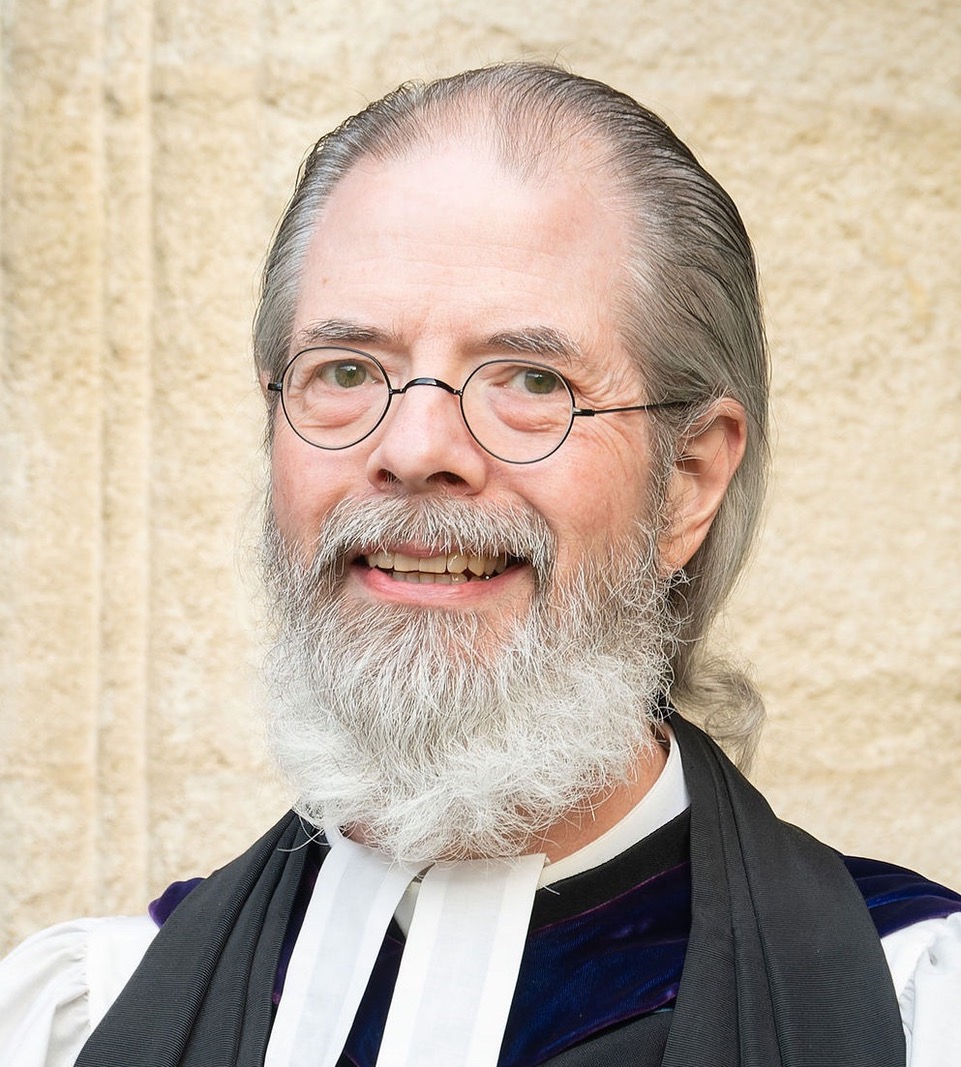Commentary on 1 Peter 2:2-10
These verses involve several intriguing exegetical nuances–points that probably will not make explicit appearances in most homilies for the day, but which merit careful consideration as you prepare your sermon.
The first involves 1 Peter’s identification of his readers as God’s own holy people; the second involves the interplay of metaphors that emphasize the believers’ state with metaphors that emphasize the believers’ progress. As it turns out, the two motifs both illuminate one another and the broader trajectory of 1 Peter’s rhetoric.
The first touches on the persistent problem of Christianity’s relation to Judaism. The letter addresses recipients who appear to be Gentiles, since the letter submits that “once [they] were not a people” (2:10); such a claim would make little sense if applied to Israel. By the same token, 1:18 characterizes the recipients’ ancestors as having practiced “futile ways,” a phrase that resounds with notes with which the apostolic writers conventionally describe Gentile observances. The hearers of 1 Peter once stood outside the bounds of God’s embrace, but through Christ’s sacrifice they have been built into the temple, incorporated into God’s people.
The letter seems to complement the believing Gentiles’ reception, however, with the predestined expulsion of those who do not believe (in language that Paul and then gospels also invoke). While the letter itself does not identify these non-believing people, some elements of the letter’s context converge with subsequent history to suggest that Gentiles who express faith in Jesus have displaced Jews who do not, and have taken over from them the role of God’s own beloved people.
The letter does not make that substitution explicit, however, and a careful preacher will avoid presenting that as the point of 1 Peter’s exposition here. The letter apparently expects its recipients to recognize themselves as the outsiders (“aliens and exiles” in 2:11) who have been incorporated into God’s people on the basis of Christ’s merciful mediation; it likewise submits that those who rejected Christ have stumbled and fallen. Though the letter might easily have made explicit the identities of the converts and the fallen, it does not do so; the opportunity to receive mercy and enter the shared life of the holy nation avails to all who might turn to Christ. Indeed, the letter consistently draws its favored categories from Israel’s history; the strangers and sojourners have been incorporated into the blessings of Israel, which 1 Peter describes in prose saturated with allusions to the Old Testament. By the same token, 1 Peter characterizes “the Gentiles” as licentious adversaries who persecute the chosen (2:12, 4:3). God’s people are constituted by their fidelity and obedience to God’s purposes; 1 Peter expounds the consequences of that grace without venturing to prescribe exactly whom God has chosen.
The letter characterizes its audience with figures that point in different directions. On one hand, they are still children (“new birth,” 1:3; “children,” 1:14; “born anew” 1:23; “newborn,” 2:2). The theory that this motif, with the explicit invocation of “baptism” in 3:21, implied that the whole letter was a baptismal liturgy (or sermon) overstates the force of this metaphor. At the same time, that interpretation rightly attends to the letter’s emphasis that its recipients have just begun a new sort of life. They, like children, have not yet emerged into full-formed adulthood. The writer has to teach them from the ABCs of this new life (feeding them with spiritual milk, not solid food) and expects them to continue to grow toward the hope of salvation. In this figure of speech, the exiles have only begun a process that eventually should end with their full vindication and inclusion.
On the other hand, the former exiles have already been established as a holy race, a royal priesthood: “Now you are God’s people.” The present force of the assertion makes a difference; 1 Peter charges the recipients to proclaim to the world what God had done for them. In this sense, the recipients’ status has already effectively been changed, and the letter commissions them to spread this news to everyone else. The letter draws together the developmental metaphor of childhood with the static rhetoric of architectural stone (one doesn’t want the stones in one’s walls growing or moving!) with the characterization of the recipients as “living stones … built into a spiritual house” (2:5). They are stones that have been incorporated into the house of God–but they are at the same time living stones, with the capacity to “grow into salvation.”
These expressions converge in a vision of Christian life that 1 Peter shares with many apostolic writings. Everyone who receives adoption into God’s people enters that new life by grace alone (sounding a note that the Old Testament makes frequently and forcefully). God’s grace does not root out Israel from the covenant into which God entered with them generations before Jesus was born; such a gesture would bespeak a capricious, unreliable deity rather than the Lord abounding in steadfast love and faithfulness. Some in every age treat their new life as a binding contract that they can cash in for guaranteed eternal life, reckoning that they are so firmly embedded in the structure of God’s house that they can take salvation for granted. 1 Peter cautions them, and all his readers, to recognize that they are yet merely beginners in fidelity. They, and we, need to deepen their sense of what it means to belong to this new family, and learn the ways by which their sisters and brothers live out their faith; we learn those ways of faith from the examples of Israel’s ancestors, from the visionary ideals of the prophets and from the apostles’ teaching. Such living stones as this–with such a living, growing faith–God can raise up to be children of Abraham, united to the people of God, sharing with Abraham’s children a song of praise to the God of grace.

April 20, 2008